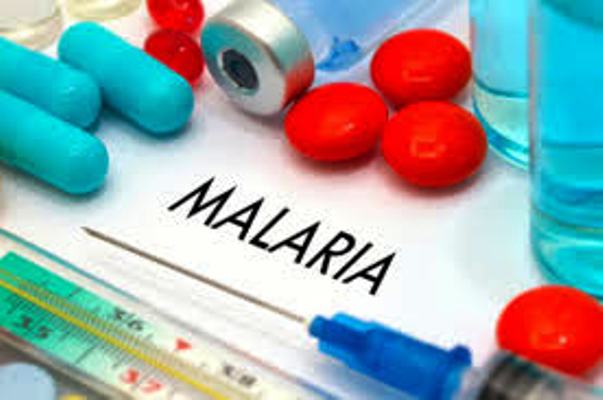The Federal Government on Wednesday raised alarm over the unnecessary use and eventual abuse of anti-malaria drugs across the country.
The National Malaria Technical Director, Dr Olugbenga Mokuolu, at the National Malaria Elimination Program (NMEP) of the Federal Ministry of Health, made these known during a session sponsored by Breakthrough Action, at the 37th Annual General Meeting and Scientific Conference of the Association of Public Health Physicians of Nigeria (APHPN) in Abuja.
Read Also: FG Seeks Powers to License, Regulate Internet Broadcast, Online Media
It noted that although it is estimated that about 53 million episodes of malaria occur yearly, data, however, reveals that Nigerians are consuming anti-malaria drugs more than twice the malaria episodes because of lack of testing.
It therefore advised that all fever should be tested before initiating any form of treatment.
He said: “Fever is very common, and two out of three patients that come to the patient facility tend to present with fever. Projecting this from the health management information system, it is estimated that we have about 190 million fever episodes occurring in Nigeria.
“Sadly, less than half of them get tested. It is important that the person with fever should be quickly diagnosed, treated, and the potential of spread should be eliminated as rapidly as possible. Malaria disproportionately affects children and pregnant women and can affect anybody, and therefore, we are all collectively at risk for malaria.
“Ordinarily, it is estimated that about 53 million episodes of malaria occur in Nigeria each year. However, our data also shows that more than twice this amount of anti-malarial are consumed in the country annually.
“If you look at the cost of that, it means that we are consuming so much anti-malaria in excess of the quantity of malaria that we have. The reason why this is happening is because we are not testing enough. There is inadequate testing, and when there is inadequate testing, in addition to wasting our resources on medications that are not necessary, we also have the danger of not recognising other conditions that are not due to malaria.
“So, there will be a delay in the treatment of other conditions. Hence, testing for malaria helps us to truly identify malaria cases and ensure efficient and rational use of medicines and early diagnosis of non-malaria conditions when our test proves negative.
“To support and enhance appropriate treatment of malaria, a policy of the government from the National Malaria Policy says that all suspected cases of malaria or fever cases must first be tested using malaria rapid diagnostic test (RDT) or microscopy where the skill is available before treatment for malaria is initiated.”
In his presentation, the National Coordinator of the National Tuberculosis and Leprosy Control Programme (NTBLCP), Dr Chukwuma Anyike, explained that in order to provision qualitative service for tuberculosis, Leprosy and Buruli ulcer, there are currently about 17,699 DOTS centres (both public and private health facilities), about 3,400 Microscopy centers, and 403 Xpert MTB/RIF assay machines (both public and private health facilities).
Represented by the Monitoring and Evaluation Manager of the NTBLCP, Dr Obioma Akaniro, he said: “We must institute a resilient and sustainable system that can drive itself through emerging issues, have an easily adaptable rapid response mechanism for emergencies, and use evidence-based strategy to drive programme and sustain the system.
“Others are establishing a formidable community system functioning at the grass-root to help case holding, and strengthening capacities of community organizations in Nigeria including the affected communities in planning, monitoring and implementing such as to guide community TB case finding interventions.”



Leave a Reply